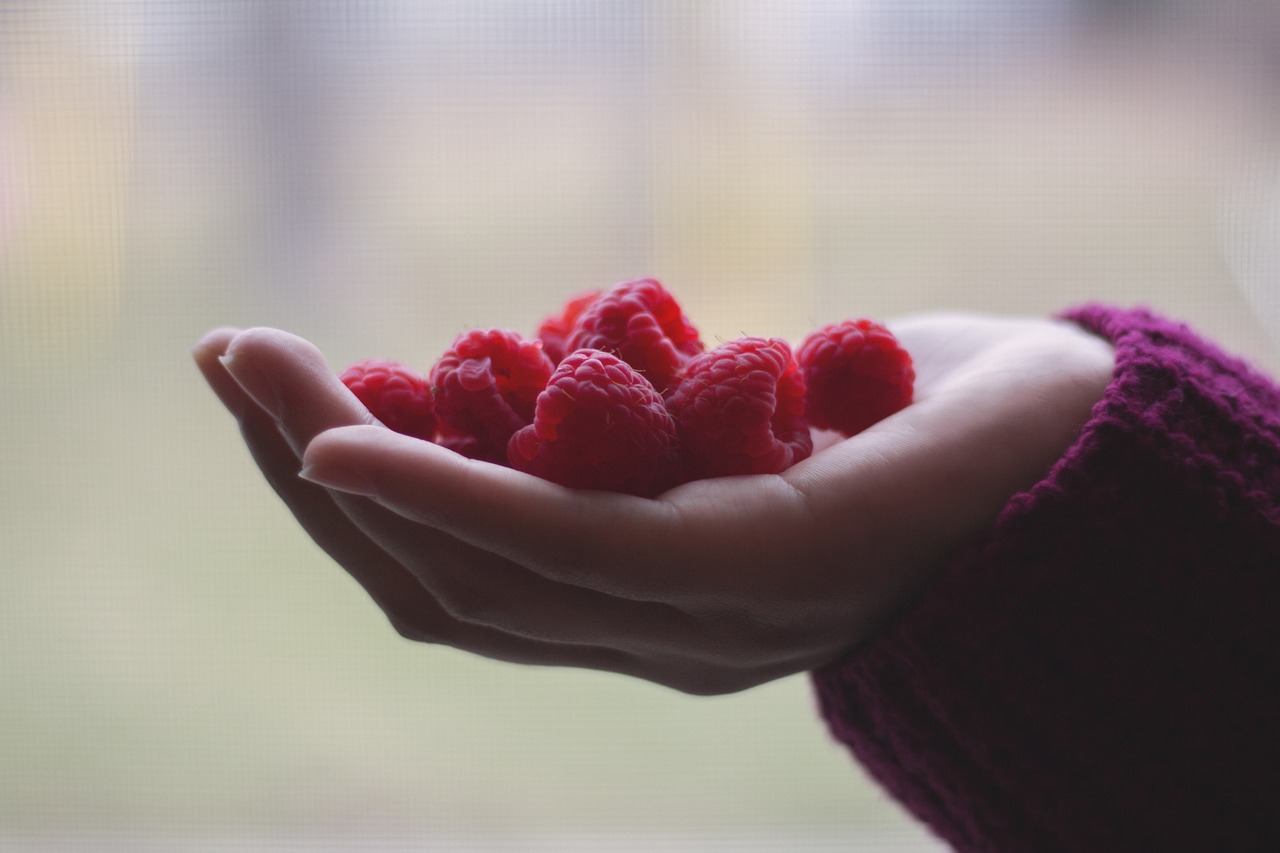For thefirst time in Namibian history, the country is exporting tons of blueberries. This is possible because the delicious little fruit, marketed under the brand name Namib Blue, is grown along the Okavango River at Mashare Berries Farming, while Transworld Cargo, another Namibian company, handles the difficult transportation to its export destinations in Europe.
The Government Institutions Pension Fund has invested N$90M (over €5M) in this project through its portfolio of unlisted investments in the Mashare Irrigation Scheme.

David Nuyoma of the Government Pension Fund 
Albert Basson (Mashare) and Davi Nuyoma
A few years ago, no one would have dreamed of growing high quality Namibian blueberries in such an arid country. However, in July, Mashare Berries (Pty) Ltd managed to do just that, producing the first large-scale commercial harvest of the fruit in the country. A total harvest of 150 tonnes - on just 20 hectares of land - is expected this year.
According to a statement released by Cherry Irrigations, historic harvesting is currently underway at the project located near the Okavango River, between the villages of Mashare and Mupapama in Kavango East. Cherry Irrigation designed and implemented the fully automated drip irrigation and fertigation management system for the landmark project.
"WE EXPECT A YIELD OF UP TO 150 TONNES AS THE DIFFERENT VARIETIES REACH MATURITY." CURRENTLY, THREE VARIETIES IMPORTED BY US GROWER FALL CREEK HAVE BEEN PLANTED ON THE PROPERTY - ATLASBLUE, JUPITERBLUE AND BIANCABLUE. PLANTINGS WERE ESTABLISHED IN NOVEMBER 2019, WITH 16 HECTARES UNDER NET, TWO HECTARES IN TUNNELS AND TWO HECTARES IN OPEN FIELDS."
Albert Basson, Mashare project director
Cherry Irrigation's executive director, Charles Cherry, said he believes the success of the pilot project demonstrates the enormous untapped potential of arid or semi-arid regions. He said that these areas can effectively produce a range of crop types through careful water and resource management.
"We are seeing first-hand from this development and others we are involved with across Namibia that customised irrigation design is the way forward. Simply put, it ensures both environmental sustainability and long-term commercial viability."

According to Cherry, the outlay for quality equipment, custom designs, smart technologies and artificial intelligence-based monitoring solutions may cost more initially. "But for crops like blueberries, which are highly sensitive to weather conditions and soil and water quality, we believe this approach is crucial to success."
Basson agrees. "We partnered with Cherry Irrigation after seeing their success with customised system designs for blueberries plantations in South Africa. Like us, they recognise thehuge agricultural potential in Namibia that we are working to unlock."
Mashare Berries Farming passed the symbolic milestone of the first 100 tonnes on 6 October 2020, the first year of production. The first seven tonnes were loaded onto a Eurowing Airbus A330 on 21 September 2020 and arrived in Frankfurt the following day.
This was followed by further shipments to the Netherlands, Germany, Spain, Russia and even Hong Kong. According to Mashare Berries Farming, more berries were sold locally than expected.
The farmer pointed out that one of the most difficult parts of distributing blue berries is that the berries must be kept constantly at a temperature just above freezing.
Once picked, the blue berries must reach the refrigerator within half an hour, where they are cooled to a few degrees Celsius. The fragile blue/purple fruit is extremely sensitive to pressure and temperature, which means that it has to be packed and sorted in rooms conditioned at very low temperatures. Consequently, the local workforce must wear thick protective clothing, even though the temperature outside can easily reach 30°C.

After the blue berries have been packed in cardboard boxes, the boxes are carefully stacked on pallets and then moved to cold storage waiting to be loaded onto refrigerated trucks for transport to Hosea Kutako International Airport or domestic destinations.
When en route, the precious cargo is kept at a constant low temperature under the same conditions in the airport's waiting facility, where the berries arrive a few hours before the cargo plane departs for Europe.
At Mashare Berries Farming, strict health standards are followed. All employees must wash and disinfect their hands every morning before starting work. All equipment must be washed before use and the use of face masks in the fields and packing plant is particularly respected during these Covid-19 times.
Packed in special containers, the Namib Blues are loaded onto a Eurowing plane and arrive in Frankfurt ten hours later. Recorders inside the pallets monitor the temperature during the entire journey from the cold store in Mashare to the wholesaler in the northern hemisphere. The very low temperature is essential for the consumer to buy fresh and tasty blue berries.
Mashare Berries plans to double its production area by the end of 2021, with the collaboration of Cherry Irrigation. "Ultimately, within the next five years, we would like to expand the cultivation of blueberry over 200 hectares to 300 hectares in the region," Basson added.























